Recap of Covid-19’s impact on education

Throughout 2020, the world changed in many unforeseen ways, headlined by the Covid-19 pandemic. While Americans first witnessed the severity of the coronavirus in mid March, citizens of Wuhan, China faced the pandemic months before.
On December 31, 2019, the Wuhan Municipal Health Commission reported 27 cases of a mysterious, viral pneumonia. A week later, Chinese officials announced the identification of a new coronavirus in Wuhan patients.
Slowly, the threat of this unknown virus crept into all countries of the world. While the news of the first confirmed case in the US spread throughout the country, life continued on relatively normal in much of the United States. As time went by, the cases continued to rise until an event caught the nation’s attention and illustrated the severity of this virus.
On March 11, 2020, Covid-19 altered the NBA. In a game between the Utah Jazz and the Oklahoma City Thunder, the two opposing teams prepared to battle for playoff seeding. Minutes before tipoff, officials received word that a Utah player had tested positive for the coronavirus. This positive test led to canceled games and a suspended season.
March 11, 2020: A day that will go down in history.
It’s been one full year since Rudy Gobert tested positive for COVID-19 and the sports world was changed forever. pic.twitter.com/DfBvjm8Ekn
— SportsCenter (@SportsCenter) March 11, 2021
The idea that a multi-billion dollar industry, including schools across the country could be halted because of Covid-19 acted as a wakeup call for many Americans. In the coming days, the familiar reality of mundane, everyday life began to dissolve at the seams while something foreign took its place.
However, these difficult choices and unexpected cancellations reached far beyond the national spotlight.
Fresno Christian Superintendent Jeremy Brown made the decision to shut down the campus along with over 50 other schools in Fresno County, March 13, 2020. In the weeks leading up to this date, Brown had taken part in weekly Zoom meetings with other superintendents around the county to discuss the growing coronavirus and its impact on schools.
A special Zoom meeting took place on that Friday among these leaders to discuss altered plans for the coming weeks. During this meeting, at least 55 of the 58 school districts made the decision to shut down their campus for the immediate future. Many are still shuttered today.
In a unified Central California response, @fresnochristian joins hundreds of schools across the state, transitioning to alternative learning. Students are asked to not come to school beginning March 16. Stay tuned for further updates. #thefeather https://t.co/ajyeWhpat5
— The Feather Online (@thefeather) March 14, 2020
At this time, Brown expected this hiatus to only last a week and involve an additional week of spring break. In doing this, it meant that the set-up of distance learning systems could be avoided.
However, it soon became apparent that online learning was imminent. Fortunately, campus administration had begun research on these systems heading into the school year, utilizing WebEx.
“It was really weird, we were thinking pause,” Brown said. “We had been talking about doing some kind of virtual learning and we had been working on that since the fall coming in. So WebEx, all that, we had already pre researched. That’s why we were able to pivot to an online learning model within a week and we did over 350 different class meetings and over 8,000 minutes in that first week online.”
In the following March 3, 2021, podcast, Superintendent Brown discusses the process of closing and reopening the FC campus.
Both this decision and the virus impacted the lives of hundreds of students at FC. One of the students who shared a unique perspective on the shutdown was then-senior Serena Zhao. As a former Feather staffer, Zhao wrote four articles on the growing impact of Covid-19 during her time on the team.

Zhao grew up in Shenzhen, China. When the pandemic first hit the US, she had already heard first-hand the protocols put in place by the Chinese government to contain the spread of this virus. Due to this, she believes that it was crucial for the world to act in a unified manner to combat this virus.
“I was not surprised to see the lockdown of Wuhan,” Zhao said. “The Chinese government always enforces restrictions quickly if there is anything wrong. Of course, they took the virus seriously at first also considering the large population density in China. As for the U.S shutdown, I personally think it is necessary to act collectively in this global crisis.”
Now, a year after the FC campus first shut down, Zhao is enrolled at USC. However, due to the pandemic, she is unable to attend classes in-person and has begun her college freshman year online from China. While online school carries its share of drawbacks, Zhao has learned several things about herself in the last year.
“So, I told myself that I am in school, and there are no differences,” Zhao said. “Although I watch most of my recorded classes online at any time of the day, I tend to get up at school time in the morning and start my classes for the day. Personally I have learned to have a clearer picture of myself. Because everyone slowed down in the pandemic, we all have much more time for ourselves.”
As online learning became the new norm to help ‘flatten the curve’, California issued a public stay home order, March 19, 2020. For many students, this decree offered a new set of challenges to overcome. Junior Madi Bryant recalls the difficulty of not being able to see others during this time along with some methods to connect regardless of the circumstance.
“The hardest part was probably not seeing people,” Bryant said. “I’m such a people person so not seeing people and not being at school made it challenging. For my birthday, I was bummed that I wasn’t going to be able to do anything for my 16th birthday. My friend ended up getting me into Roblox and we played it for 10 hours over FaceTime that day.”
One year ago, on March 11, 2020, the World Health Organization declared the coronavirus a pandemic.
These stories offer a look at one year of loss and disruption, and what comes next. https://t.co/ZRfgA4cQ8n pic.twitter.com/qZDtsZ2MMG
— The New York Times (@nytimes) March 11, 2021
Slowly, the prior school year came to a close and the summer came and went. As FC administration prepared for the upcoming school year, they braced for another stint of distance learning. This stint did not last long, however, as high school and middle school received clearance from the state to reopen in-person with some precautions put in place.

On October 15, 2020, the Fresno Christian campus reopened for in-person classes for the first time since March 13, 2020. While this milestone marked a pivotal moment in the school’s history, it did not come without risk.
Superintendent Jeremy Brown recognized the fact that something could go wrong no matter how many protocols are instated. But, Brown and FC administrators began to weigh the options and came to the conclusion that strategies were available to help insure the FC campus was safe to return to class.
“We start weighing risk vs risk,” Brown said. “It wasn’t risk vs reward, it was risk vs risk. And, there were strategies we could do to mitigate risk in school and in-person. There wasn’t a lot of strategies we could do to protect kids’ learning. Their social, spiritual and emotional health and their academic needs [were all taken into account].”
This unconventional school year has brought about change for all students throughout the past year. Nevertheless, seniors sought ways to make the best out of their final year of high school regardless of canceled traditions.
Throughout high school, Mark Pimentel, ’21, anticipated a senior year filled with activities and community involvement. Instead, Pimentel faced an unforeseen obstacle that tested his expectations in an online start to the school year.
“Senior year has been very different than what I thought it would be,” Pimentel said. “It took some serious adjustment and rolling with the punches to get here, since we started online. I had to accept that some senior things might not happen such as everyone being able to get together and have a good time. It’s definitely a lot harder to do that, but hopefully when we get closer to the end we can have some sort of senior trip.”
Moderna, the maker of one of three COVID-19 vaccines currently authorized for use in the U.S., announces it will start testing its vaccine on children as young as 6 months old. https://t.co/tpSu5Hcz77
— ABC News (@ABC) March 16, 2021
As of March 16, 2021, there has been nearly 120 million confirmed cases of COVID-19 and over 2.6 million deaths worldwide. Domestically, the US has endured over 29 million confirmed cases and over 530,000 deaths.
One tool to aid in this fight against the virus is the COVID-19 vaccine. After receiving emergency authorization from the Food and Drug Administration (FDA), Pfizer began the process of shipping out doses of their vaccine, Dec. 11, 2020. Other companies such as Moderna and Johnson & Johnson have also received clearance from the FDA to begin the vaccination process.
Over 98 million vaccine doses have been administered in the United States, as of March 16, 2021. As this major accomplishment continues, it sustains a hope that a return to life before March 13, 2020 is imminent.
Kyle Clem can be reached via Twitter: @KyleClem21 and via email.
For more article read PROMO: Valley Children’s annual Kids Day begins online, March 9 and Blossom Trail Cafe gateway to Fresno County ag central.

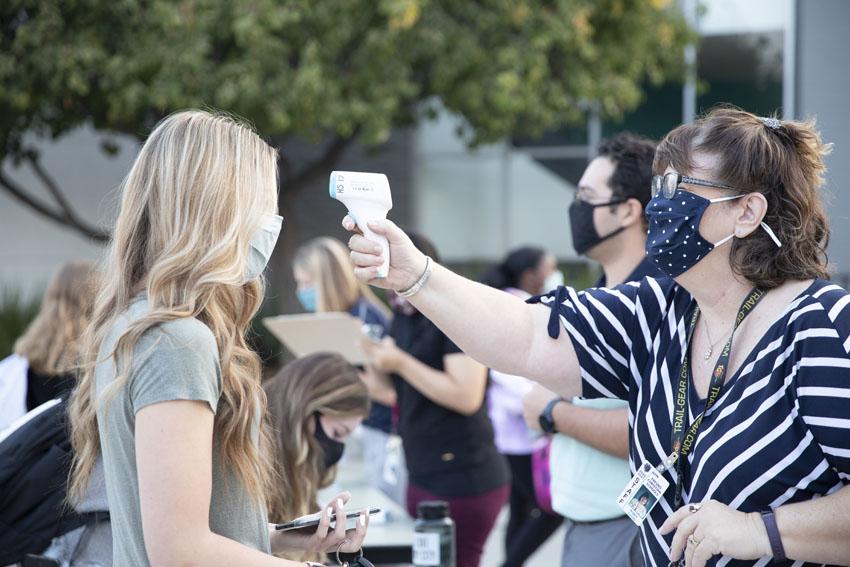
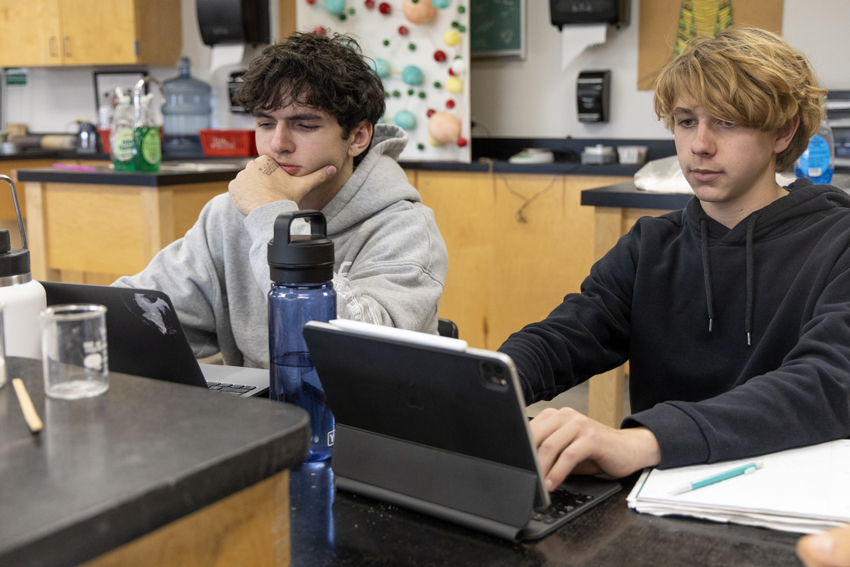

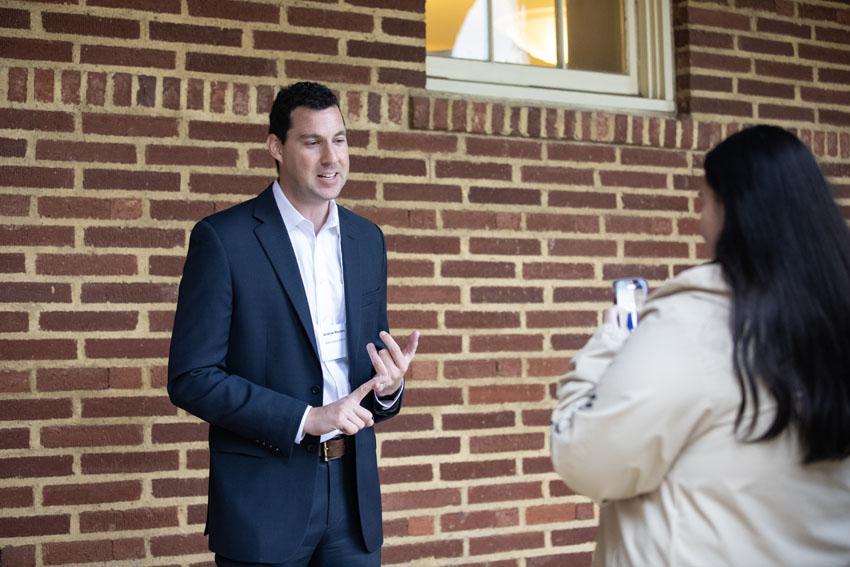



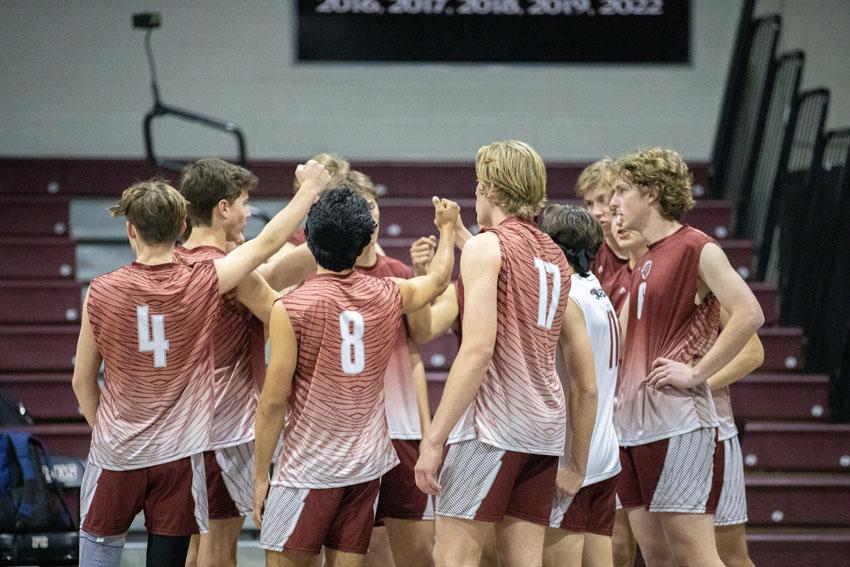
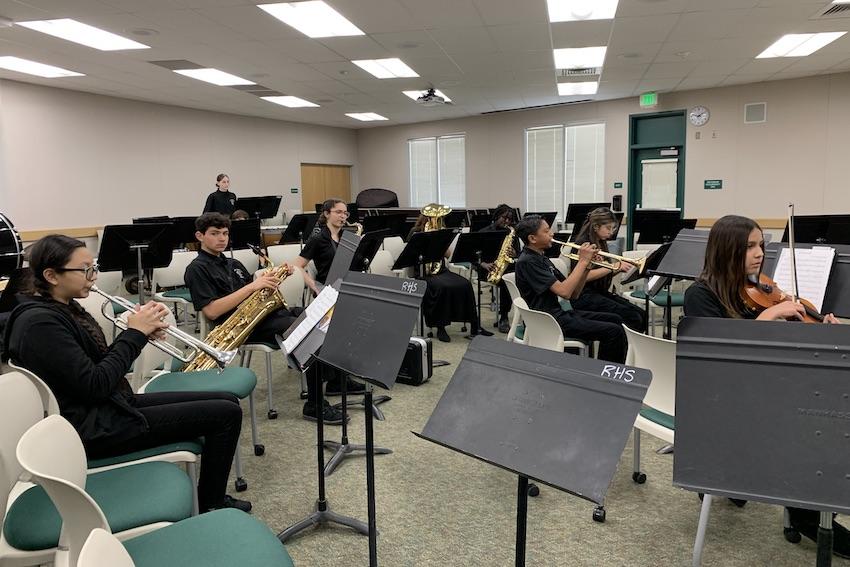
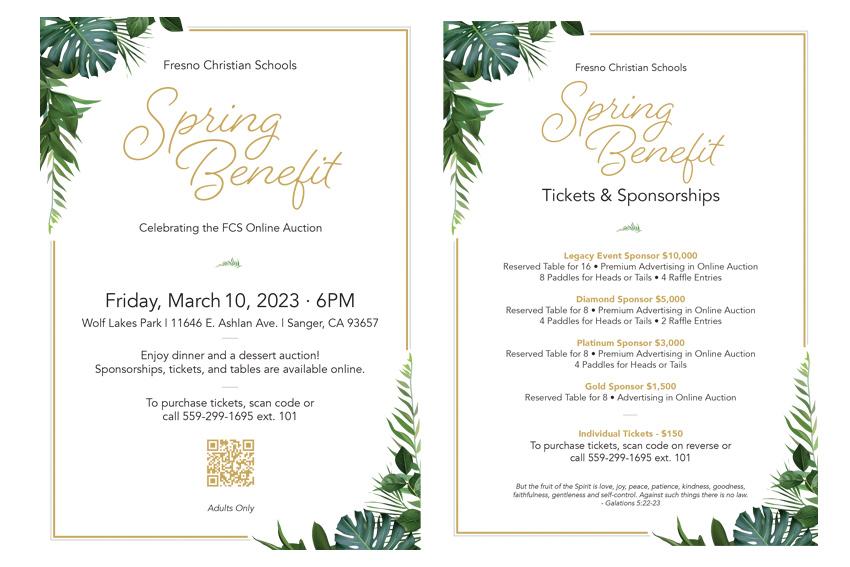
Jeremy L Brown • Mar 23, 2021 at 9:10 am
Great article Kyle, hard to believe it has been over a year. You gave a great recap of the events, thank you.
Serena Zhao • Mar 20, 2021 at 2:37 am
Great article and very informative! This for sure was a year of reflection.
Silva M Emerian • Mar 17, 2021 at 11:36 am
Thanks for this excellent recap of a turbulent year, Kyle! We’re so blessed to be a part of FCS!